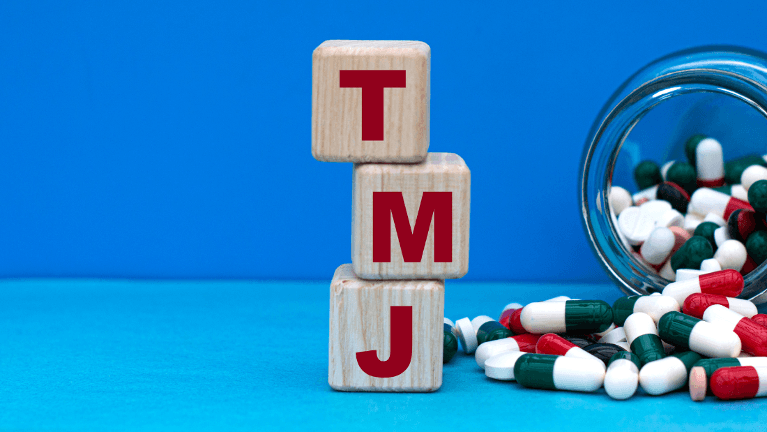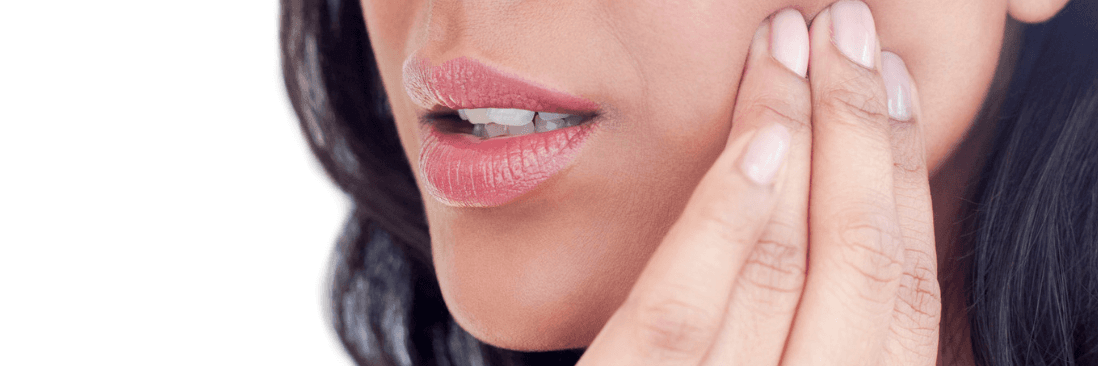
TMJ (temporomandibular joint disorder) and bruxism (teeth grinding) are commonly mistaken as the same condition. While they share some symptoms and are often linked, they are not identical. TMJ refers to issues with the jaw joint, while bruxism is the act of grinding or clenching teeth, usually during sleep.
What Is TMJ?
TMJ disorder affects the jaw joint, which connects the jawbone to the skull. It can lead to pain, stiffness, or difficulty opening and closing the mouth. Many people experience clicking or popping sounds when using their jaw, along with headaches or tenderness around the face. TMJ problems often develop from joint misalignment, arthritis, or strain on the surrounding muscles, and symptoms can vary from mild discomfort to severe, ongoing pain.
What Is Bruxism?
Bruxism is the repeated grinding or clenching of teeth, often unconsciously. It happens most frequently during sleep but can also occur during the day, especially in stressful situations. Over time, this habit can wear down tooth enamel, cause jaw soreness, and lead to morning headaches or tooth sensitivity. Stress, anxiety, and a misaligned bite are common causes of bruxism, which often occurs without the person even realizing it.
How Are TMJ and Bruxism Connected?
While TMJ and bruxism are separate issues, they are closely linked. Chronic teeth grinding can place strain on the jaw joint, leading to TMJ-related pain. Similarly, existing TMJ problems can increase jaw tension, triggering bruxism as the body reacts to discomfort. For many people, these conditions create a cycle where one issue worsens the other, making treatment for both necessary to achieve relief.
Treatment Options for TMJ and Bruxism
Treating TMJ typically involves addressing inflammation and reducing strain on the jaw joint. This may include resting the joint by avoiding hard or chewy foods, performing gentle jaw exercises, or using a custom-fitted splint to relieve pressure. For bruxism, a dentist may recommend a nightguard to protect the teeth and alleviate stress on the jaw. Addressing stress through relaxation techniques, therapy, or lifestyle changes can also help reduce teeth grinding.
When to Seek Help
If you’re experiencing persistent jaw pain, stiffness, or damaged teeth, it’s time to see a dentist or specialist. Early treatment is key to preventing more serious problems, such as severe joint damage or significant tooth wear. A professional evaluation can identify the root cause of your symptoms and create a treatment plan that addresses both TMJ and bruxism effectively.
At Charlestown Dental Care, we provide personalized treatment options for TMJ and bruxism to help you find relief. Call us at (02) 4942 1633 or visit us at 6/20 Smith St, Charlestown, NSW 2290 to schedule an appointment. Take the first step toward a pain-free life today.

